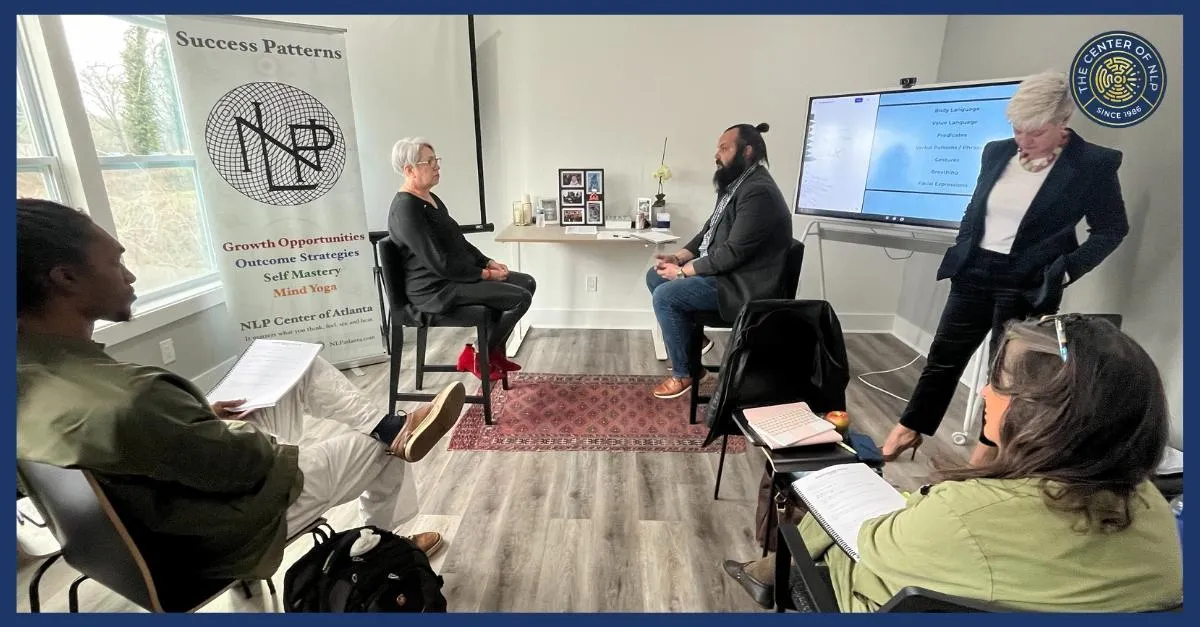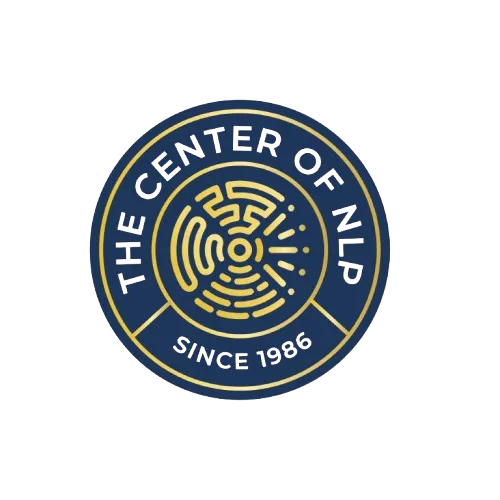
Why You Need Educational Psychology and NLP for Success
In today's fast-paced world, achieving success in education and beyond requires more than just hard work and dedication. Integrating Educational Psychology and NLP (Neuro-Linguistic Programming) offers a powerful combination that can significantly improve learning, boost motivation, and foster personal growth. How these two fields intersect, individuals can develop effective strategies to overcome challenges and unlock their full potential.
The Role of Educational Psychology
Educational psychology focuses on how people learn and the factors influencing learning processes. It involves studying various aspects of human development, cognition, and behavior to create effective teaching methods and learning environments. Here are some key principles of educational psychology that contribute to success:
1. Cognitive Development
Cognitive development stages help educators tailor their teaching methods to match the learner's level. Educators can comprehension and retention by aligning instructional strategies with the learner's cognitive abilities.
2. Motivation and Engagement
Motivation plays a crucial role in the learning process. Educational psychology explores different motivational theories and techniques to keep learners engaged and motivated. Techniques such as setting achievable goals, providing feedback, and creating a supportive learning environment are essential for sustaining motivation.
3. Individual Differences
Recognizing and accommodating individual differences is vital for effective education. Educational psychology emphasizes the importance of personalized learning approaches that cater to the unique needs, strengths, and weaknesses of each learner.
The Power of NLP
NLP, or Neuro-Linguistic Programming, is a methodology that explores the relationship between neurological processes, language, and behavioral patterns. It offers practical techniques for personal development, communication, and behavior modification. Here are some ways NLP can succeed:
1. Goal Setting and Achievement
NLP techniques for goal setting involve creating clear, specific, and achievable goals. By using visualization and positive affirmations, individuals can program their minds for success and stay focused on their objectives.
2. Effective Communication
Effective communication is a cornerstone of success in any field. NLP provides tools for improving verbal and non-verbal communication skills, building rapport, and others' perspectives. These skills are essential for collaboration, leadership, and conflict resolution.
3. Managing Emotions and Stress
Emotional regulation is crucial for maintaining focus and productivity. NLP techniques, such as anchoring and reframing, help individuals manage stress, anxiety, and negative emotions. By cultivating a positive mindset, individuals can navigate challenges more effectively.
Integrating Educational Psychology and NLP

The integration of Educational Psychology and NLP offers a holistic approach to learning and personal development. Here are some ways this combination can drive success:
1. Learning Strategies
By combining insights from educational psychology and NLP, educators can develop innovative learning strategies that cater to diverse learning styles. Techniques such as multisensory learning, mind mapping, and experiential learning can comprehension and retention.
2. Boosting Motivation and Confidence
Integrating motivational theories from educational psychology with NLP techniques can create powerful strategies for boosting motivation and confidence. Techniques such as positive reinforcement, visualization, and goal setting can help learners stay motivated and confident in their abilities.
3. Personalized Learning Approaches
Educational psychology's emphasis on individual differences aligns perfectly with NLP's personalized approach. For learners' unique needs and preferences, educators can tailor their teaching methods to maximize effectiveness.
Practical Applications
The combination of Educational Psychology and NLP can be applied in various settings, from classrooms to corporate training programs. Here are some practical applications:
1. Classroom Instruction
Educators can use insights from educational psychology to design engaging and effective lesson plans. By incorporating NLP techniques, such as storytelling and visualization, teachers can create memorable and impactful learning experiences.
2. Professional Development
Corporate training programs can benefit from integrating educational psychology and NLP. Techniques such as goal setting, communication skills training, and stress management can improve employees' performance and well-being.
3. Personal Development
Individuals seeking personal growth can leverage the principles of educational psychology and NLP to achieve their goals. Techniques such as self-reflection, visualization, and positive affirmations can foster self-awareness and personal development.
Overcoming Challenges
While the integration of Educational Psychology and NLP offers numerous benefits, it also presents some challenges. Here are a few common obstacles and strategies to overcome them:
1. Resistance to Change
Individuals may resist new learning methods or personal development techniques. Addressing this resistance requires creating a supportive environment and emphasizing the benefits of the new approach.
2. Balancing Theory and Practice
Finding the right balance between theoretical knowledge and practical application can be challenging. Combining educational psychology's research-based insights with NLP's practical techniques ensures a comprehensive approach.
3. Continuous Improvement
Both educational psychology and NLP emphasize the importance of continuous improvement. Staying updated with the latest research and techniques is crucial for maintaining effectiveness and achieving long-term success.
Educational Psychology and NLP techniques are a
powerful combination. Visit The Center of NLP to explore our transformative programs today!
The Future of Educational Psychology and NLP
As the fields of educational psychology and NLP continue to evolve, their integration will become increasingly important. Future trends may include:
1. Technological Advancements
Emerging technologies, such as artificial intelligence and virtual reality, offer new opportunities for enhancing learning and personal development. These technologies can be used to create immersive and personalized learning experiences.
2. Interdisciplinary Collaboration
Collaboration between educators, psychologists, and NLP practitioners will drive innovation and create more effective strategies for success. Interdisciplinary approaches can address complex challenges and create holistic solutions.
3. Global Impact
The integration of educational psychology and NLP has the potential to make a global impact by improving education systems and personal development programs worldwide. By fostering a culture of continuous learning and growth, individuals and societies can achieve greater success.
Learning Through Multisensory Approaches
The integration of Educational Psychology and NLP encourages the use of multisensory approaches to learning experiences. By engaging multiple senses, learners can absorb and retain information more effectively.
Visual Learning: Incorporate diagrams, charts, and visual aids to help learners visualize concepts and understand complex information.
Auditory Learning: Use audio recordings, discussions, and verbal explanations to reinforce learning through listening.
Kinesthetic Learning: Implement hands-on activities, experiments, and movement-based tasks to engage learners who learn best through physical activity.
Reading/Writing Learning: Encourage note-taking, reading assignments, and written reflections to support learners who prefer textual information.
By tailoring teaching methods to engage multiple senses, educators can create a more dynamic and effective learning environment.
Boosting Motivation and Confidence with NLP Techniques
NLP offers practical techniques to boost motivation and confidence, which are essential for achieving success in education and personal development. By applying these techniques, individuals can maintain a positive mindset and stay focused on their goals.
Visualization: Encourage learners to visualize their goals and the steps needed to achieve them. This helps create a clear mental image of success.
Positive Affirmations: Use positive affirmations to reinforce self-belief and confidence. Repeating affirmations can help shift mindsets and foster a positive outlook.
Goal Setting: Set specific, measurable, achievable, relevant, and time-bound (SMART) goals to provide clear direction and motivation.
Anchoring: Develop physical or mental anchors that trigger positive emotions and states of mind. This can help manage stress and maintain focus during challenging times.
Incorporating these NLP techniques can significantly learners' motivation and confidence, leading to better outcomes and personal growth.

